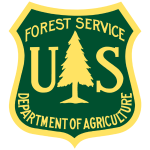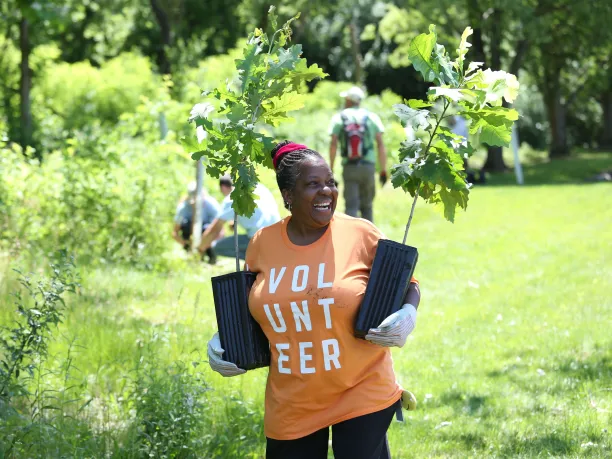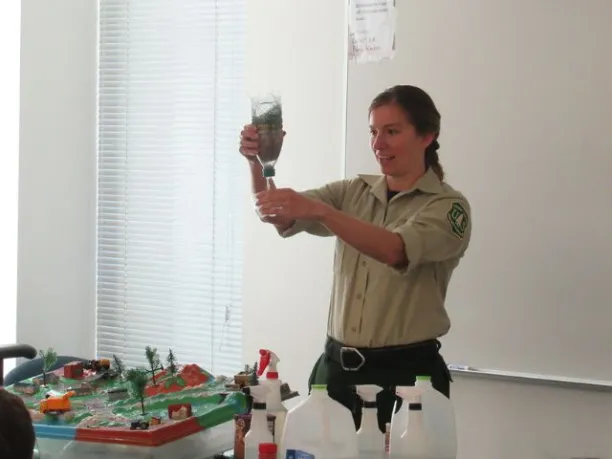Grants
2023-2024 USDA Forest Service Greening STEM Grants
The USDA Forest Service (FS) continues to collaborate with NEEF to build the capacity of FS units (including institutions in the State & Private Forestry network, such as state forests) to use components of NEEF’s Greening STEM model (www.neefusa.org/greening-stem) to design and deliver STEM programming. in 2023, $35,000 was awarded to issue grants ranging from $5,000 to $10,000 each for projects during the 2023-2024 academic school year.
Through these FS Greening STEM grants, FS and NEEF seek to advance mutual STEM education goals by providing program participants with access to authentic STEM experiences that use the environment and the agency’s unique mission—to sustain the health, diversity, and productivity of the Nation's forests and grasslands to meet the needs of present and future generations—as a context for engagement.
Programming funded by these grants will utilize STEM-focused content, instructional strategies, training approaches, and collaboration and dissemination technologies to assist school educators and staff in implementing and enhancing learning in and outside of the classroom, with a primary focus on FS-related subject matter. Following project completion, all resources and related content developed under these grants will be made available via NEEF’s Greening STEM Hub. For examples of successful past projects check out NEEF’s collection of project videos and educational resources.
List of Grantee Awarded
Grantee Promotional Toolkit
This press kit is a resource to be used by NEEF Grantees to assist in the promotion and storytelling of grant...
Grantee Success Stories
Read about the impact this grant made across the country.
NEEF Announces 2023-2024 Awardees of USDA Forest Service Greening STEM Grant
Greening STEM grants from NEEF provide environmental education learning opportunities on USDA Forest Service...
Grant Support From:


